Electrical Safety Tips For Remote Working
Oliver

Electrical safety tips for remote working.

Remote working can increase the use of electrical devices, especially within homes. To accompany our Health and Safety policy please read the following tips to ensure you remain safe whilst remote working.
Avoid overloading extension cords.
If the cable from your work computer is too short to reach the nearest available socket, you are probably using an extension lead.But just because an extension lead has space to plug in four appliances,this does not mean it is always safe to do so.
Check the wattage rating of the extension lead before plugging appliances in to avoid overloading. It is extremely important to be careful that the combined power demand of the devices does not exceed the cord’s wattage rating. This could lead to the plug in the wall overheating, sparking a fire. The maximum rating of any extension lead for normal domestic use is 13 amps, but some are rated at only 10 amps or less. The rating should be clearly marked on the underside of the extension lead.
Don’t overload your sockets.
The typical home office set-up of a PC screen and base unit should be fine for an extension lead. There also should not be any problem adding a phone charger or desk lamp. But high wattage appliances, like a hairdryer or space heater, should never be plugged into the same extension cord.
Electrical Safety First has a useful socket calculator, to check you are not plugging in too many appliances at once.
Don’t “daisy-chain” extension leads.
Daisy chaining involves plugging one extension cord into another to reach further and is strongly advised against in all circumstances. If your cable doesn’t reach,consider moving your workstation closer to the socket or get a longer lead. And only use one extension lead per socket.
It is recommended to use a multi-way extension lead instead of a block adaptor (those cubes of plastic with many sockets in them). Some block adaptors do not have a fuse which increases the risk of overloading and fire.
Consider having extra sockets installed if you regularly rely on extension leads and home working is your new normal.Always use a registered electrician to carry out the electrical work. Be aware of cables and keep them tucked away so they are not a trip hazard.
Charge your devices safely
Always charge devices on a hard, flat surface.Never charge them on a bed or other flammable surface.While the comfort can be attractive, electrical products can overheat and cause a fire.
Unplug chargers when the battery is fully charged.Do not leave devices continuously charging or you could damage the battery and the device could overheat with devastating results. It is best not to leave your phone plugged in overnight.
Check you are using the right charger.
Phone and laptop chargers are among the biggest causes of house fires.Check you and your family are using the chargers supplied with your mobile phones,tablets or laptops. If you need to buy a replacement, it should be the recommended charger for the product and from a trusted supplier. There are lots of fakes out there.If you buy cheap alternatives, you are leaving your home and family open to fire risks.
Keep your workstation tidy
If working remotely it is likely you are working in a smaller, more cramped space. Try to keep your work area tidy.Be super careful with any drinks that you bring to your desk. Electricity and liquid don’t mix. When the two do meet,fluids can
destroy electronic circuits and cause you a serious shock.
If you spill your coffee all over your laptop, the quicker you can turn off the device, the better. Make sure your hands and the laptop’s power button are dry. Use a towel if necessary. Shut down the laptop by holding down the power button for a few seconds. Next, unplug the power cable.Then remove the battery, if removable.
You should now be safe from shock. Blot up any excess liquid. Open the laptop as wide as you can and turnit upside down to dry off. Don’tuse the laptop againuntil it has completely dried out. If you see or feel any smoke, heat, steam or bubbling, avoid handling the device.
Regular checks
Look regularly for any signs of wear and tear including:
- Blackness or scorch marks around a plug or appliance
- Damaged or frayed leads
- A smell of hot plasticor burning near a socket or appliance
- Smoke or sparks coming from a plug or appliance
- Insulation or bare wires showing on a plug or appliance
- Damaged casing on the appliance
- Any damage to the plug
- Fuses that blow or circuit breakers that operate for no obvious reason
- Melted plastic on appliance casings or leads
If something looks dangerous, stop using it immediately and don’t try to fix it yourself. Report the fault to your manager.
Now take a few minutes to make sure you are not overloading sockets and that you are using extension cords correctly and charging devices on hard, non-flammable surfaces. We all need to keep electrically safe while working from home.
Posted on:
September 20, 2024 2:00 PM













.gif)

.jpg)










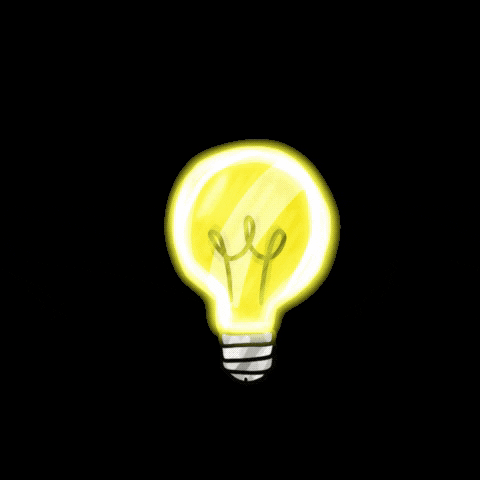




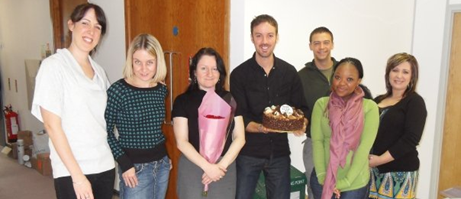
%20GIF.gif)








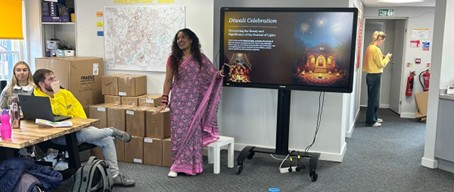

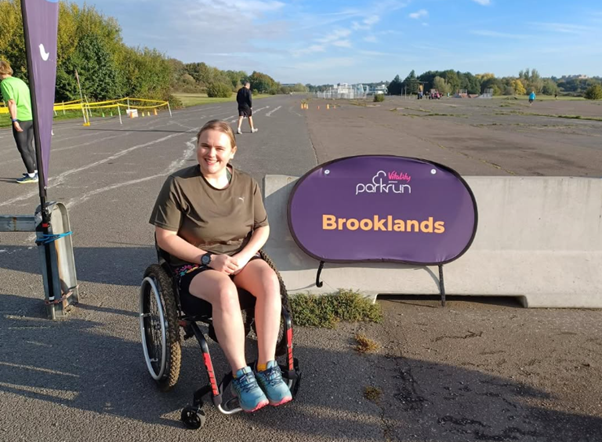







%20GIF.gif)


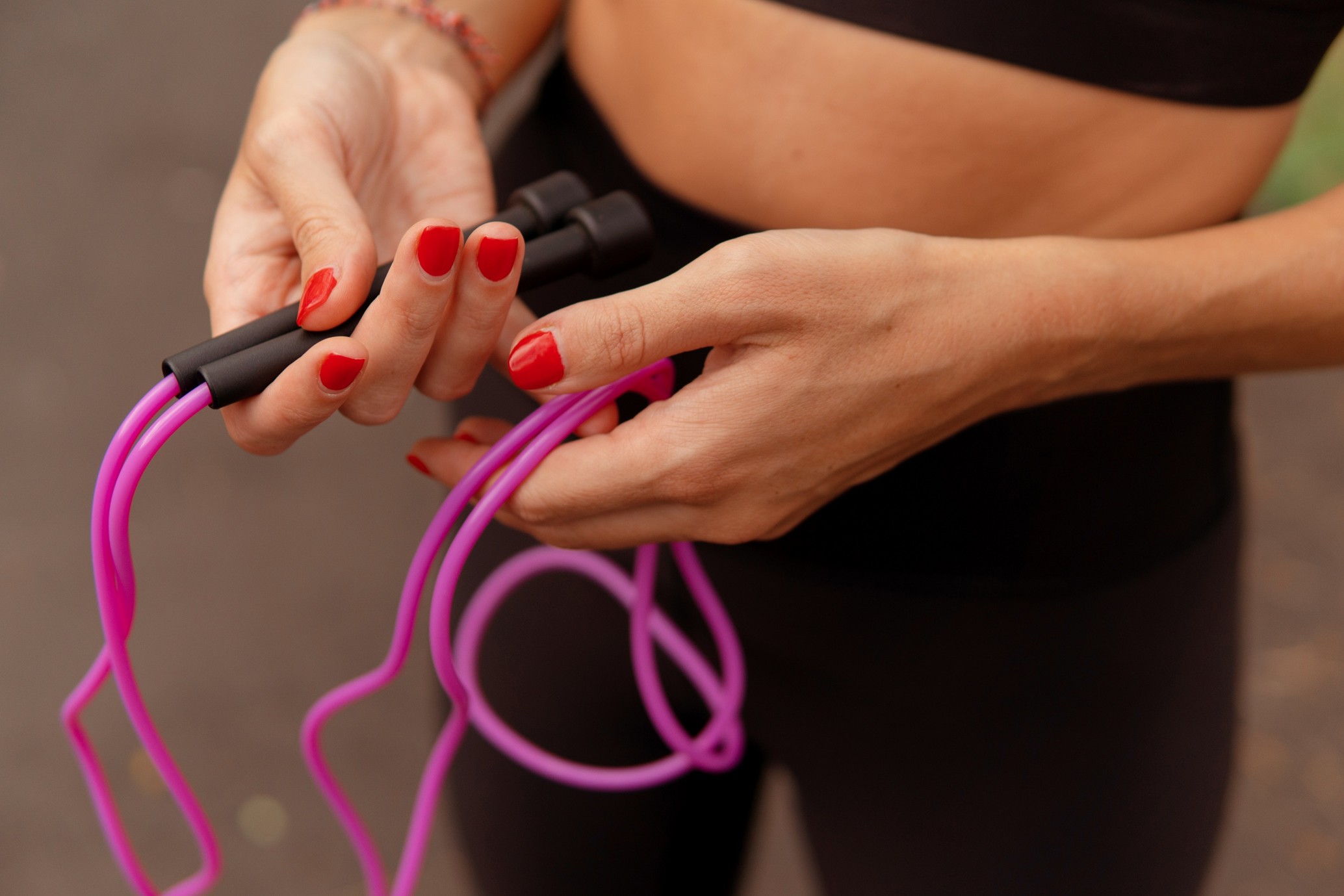
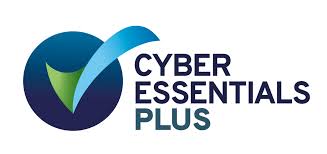







.jpg)

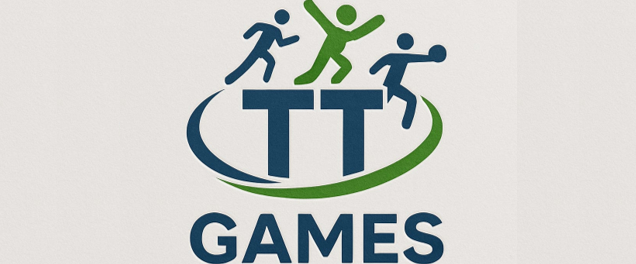
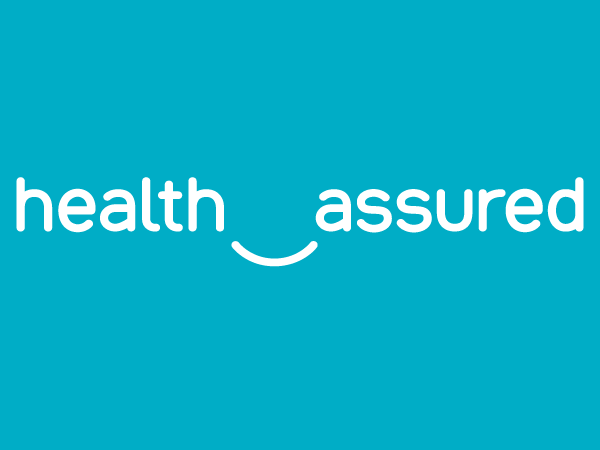


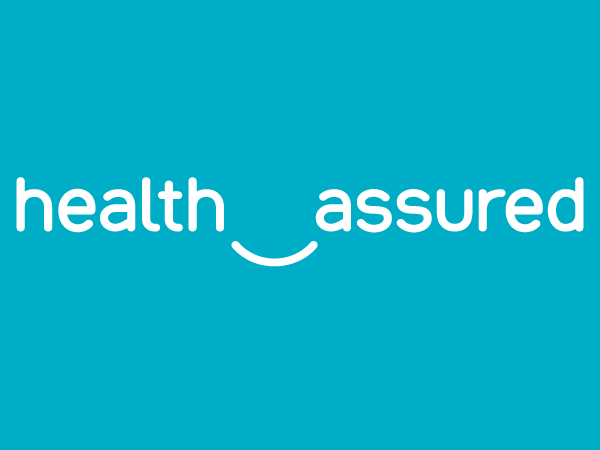




%20GIF.gif)
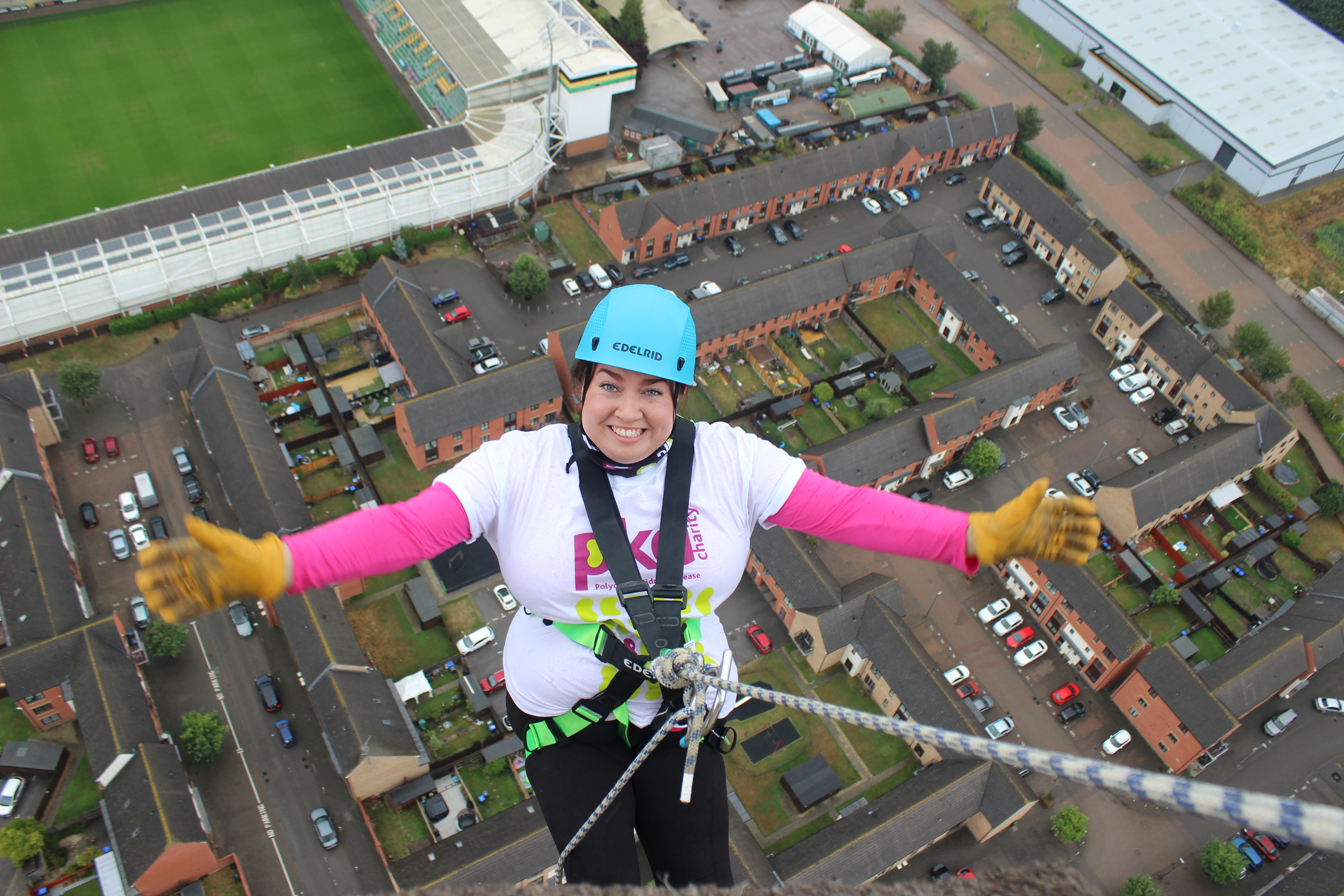




.png)








